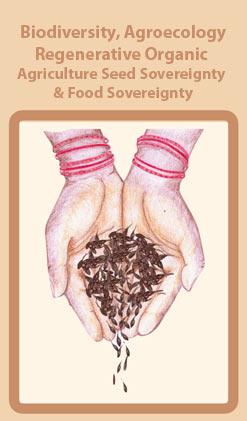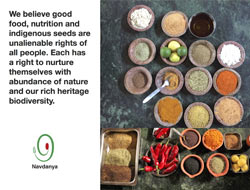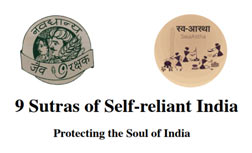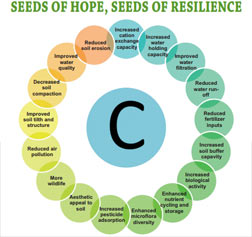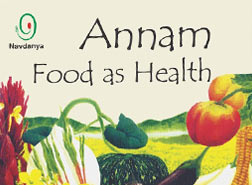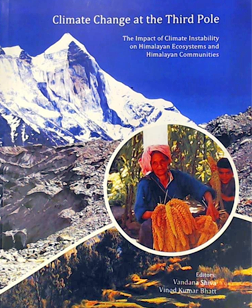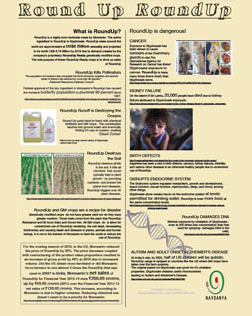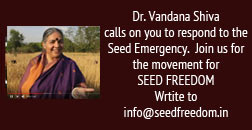Press Statement on the price rise, the hunger crisis and the proposed
Food Security Bill
On 5th of July the country is at a standstill because of Bharat bandh called by opposition parties to force the Government to address the crisis of the price rise of essential commodities including food.
The level of inflation in the country has not decreased significantly in the course of the year, steady around a shocking 17%. Basic items of consumption such as wheat, rice and milk that form the minimum survival basket for the common man and woman are out of reach of even better off consumers, with rice for example witnessing a 50% increase in price over the last two years. The poor spending most of their meager income on food, high inflation automatically translates in an increase in hunger and malnutrition.
India has in fact emerged as the capital of hunger and diabetes. The levels of hunger in South Asia have risen back to 1990 levels, with India accounting for most of this trend.
This is not a coincidence. India has become food insecure since the 1990s, time of liberalization of agriculture under WTO diktats. The opening of this employment-intensive sector to foreign players has led to a total monopoly over Indian food production systems in the hands of few powerful corporations that now dictate prices, dictate methods of production, and dictate availability of food and consumption patterns.
The entire agri-food chain from inputs like seeds to processing, marketing and distribution has been hijacked by corporate superpowers like Monsanto, Cargill and Conagra. This trend is on the rise, with more of these giants lobbying for increased presence in the Indian market.
The Government engages in regulatory schizophrenia, de-regulating corporations and regulating our farmers more and more. Worse still, it is consistently devolving social responsibility to corporations with murky past records of unethical, unfair business practices, like Sodexo.
Food is no longer a basic fundamental right; it has been turned into a commodity to be traded in volatile international markets, for corporations to gain and consumers lose.
While the nation protests, the Government itself hasn’t reached a consensus over how to tackle the crisis. The proposed Food Security Bill currently under discussion was promised by the Government as a solution to the hunger and malnutrition crisis; yet, it nowhere addresses the real causes of hunger nor does it tackle malnutrition.
Worse, it leaves the root causes of hunger untouched, whilemoving further intocorporatization of our food systems, worsening food insecurity.
The proposed Food Security Bill as it stood drafted by the EGoM sees a decreaserather than increase in the quantities allotted to poor households from 35KGs as ordered by Supreme Court to 25 Kgs at Rs. 3; it also takes an extremely reductive figure for Below Poverty Line households; and last it plans to do away with the Public Distribution System core strength of distributing food-grains, to be replaced with coupons or so called “smart-cards” provided by private companies like Sodexo, pushing the poor towards consumerism and worsening the malnutrition crisis while raising corporate profits.
Recent developments in the debate over the FSA have seen a push from the NAC headed by UPA Chairman Sonia Gandhi, who realizing the incongruence between promises and practice in regards to tackling hunger, is debating changes to the Bill.
The NAC is pushing towards fixing the amount of subsidized grains at 35kgs,while broadening the basket of subsidized items to the poor to include edible oiland pulses.
Pricing food items at the MRP for all households, following a universal principle, is also being considered along with special provisions for the most vulnerable.
The “smart-cards” idea is under criticism from NAC members as the system is prone to corruption and it wouldn’t serve the interest of the poor, being based on the false assumption that poor people have money to first buy food, and then be reimbursed. Yet, the idea of cash transfers removing responsibility from the PDS hasn’t yet been dropped.
If the intent of the Bill is addressing hunger and malnutrition, it is worrying that no consensus has been reached: issues such as quantities and entitlements are still being “considered” and yet to be approved by the National Development Council headed by the Prime Minister, despite the Supreme Court interim orders and despite the vocal cries of civil society organizations about the Bill increasing rather than addressing food insecurity, while nothing is been done about the real, structural and policy causes of hunger.
Addressing food insecurity needs changing the policies that create hunger.Keeping the hunger creating policies intact implies creating hunger by design.
For more information, please contact:
Navdanya
A-60, Haus Khaz, New Delhi – 110016
Email: This email address is being protected from spambots. You need JavaScript enabled to view it.
Website: www.navdanya.org

